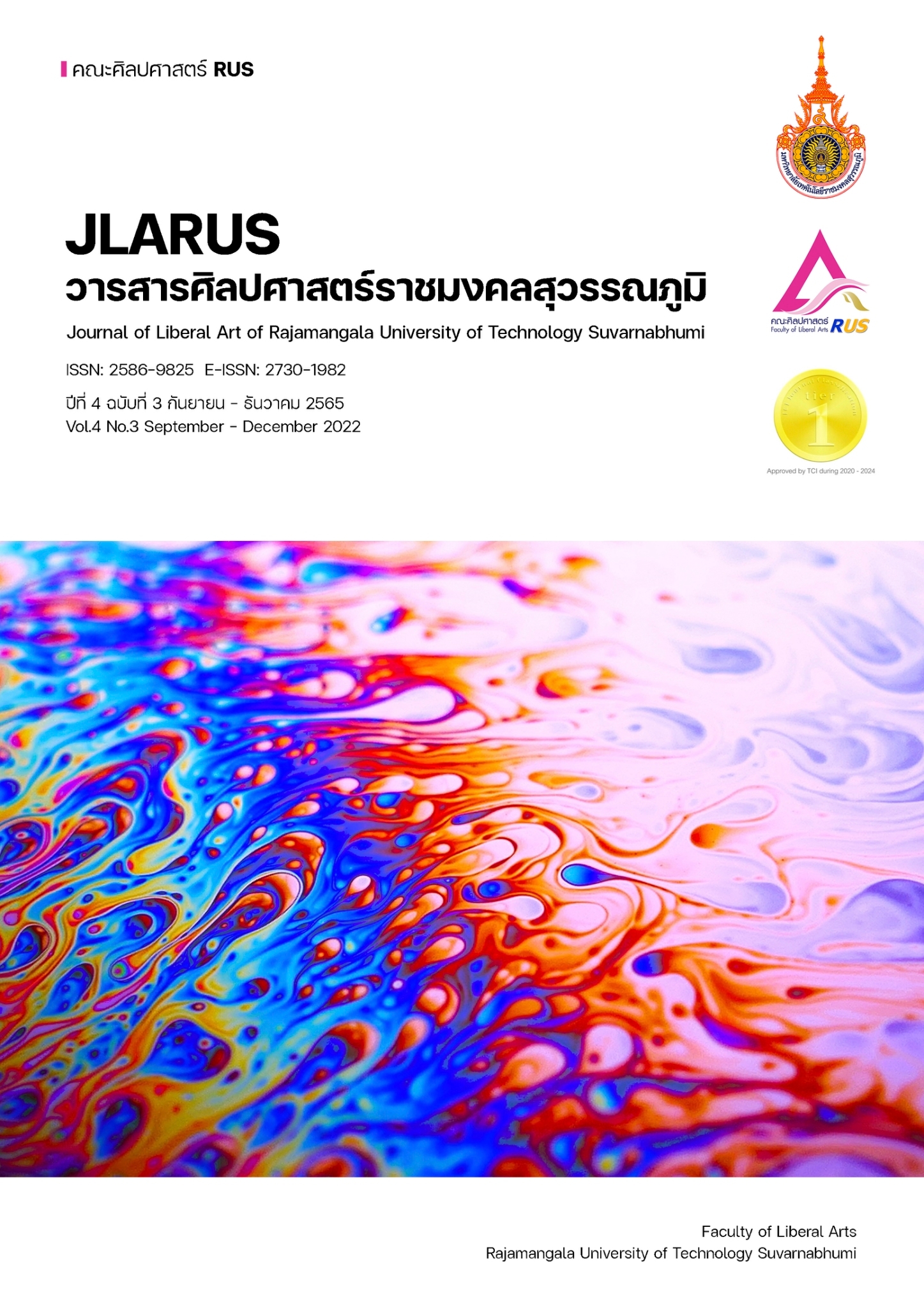NEW PUBLIC ADMINISTRATION AND SUSTAINABLE DEVELOPMENT
Main Article Content
Abstract
Public administration is the process of administering the activities of the state so that public activities are carried out under the objectives of the state. This will focus on effectively evaluating public policy structures’ command and control. It is a public affair that goes hand in hand with the community. It has been established and implemented for the common good. Conveys public administration, a joint activity of all people or stakeholders of the social ownership or citizenship for the benefit of the public administration, is a science to learn and use art. There are strategies to be implemented to create a consistent balance. Implementing the policy is the administration in the public sector by integrating knowledge from many disciplines for administration. It may be called interdisciplinary social sciences or applied social sciences. In addition, a new approach to public administration or a new approach to government management emphasizes fairness in social acceptance of values, and change seeks the better in flexible ways. Emphasis is placed on applying concepts and practices of business management to government organizations. It was also found that the new governmental management is an essential approach to reforming the current Thai bureaucracy. This has resulted in the Thai bureaucracies towards genuinely sustainable development.
Article Details

This work is licensed under a Creative Commons Attribution-NonCommercial-NoDerivatives 4.0 International License.
References
ทรงพล โชติกเวชกุล. (2563). รัฐประศาสนศาสตร์กับการพัฒนาท้องถิ่นที่ยั่งยืน. Journal of Modern Learning Development. 5(1), 262-271.
พฤทธิ์ ศิริบรรณพิทักษ์. (2553). การจัดการศึกษาเพื่อการพัฒนาที่ยั่งยืน : พื้นฐานการศึกษาด้าน เศรษฐกิจ สังคม และสิ่งแวดล้อม. กรุงเทพมหานคร: โรงพิมพ์ไทยสัมพันธ์.
พิทยา บวรวัฒนา. (2551). รัฐประศาสนศาสตร์: ทฤษฎีและแนวทางการศึกษา (ค.ศ. 1887-ค.ศ. 1970). พิมพ์ครั้งที่ 5. กรุงเทพมหานคร: สำนักพิมพ์จุฬาลงกรณ์มหาวิทยาลัย.
ยุทธพงษ์ ลีลากิจไพศาล. (2552). พัฒนาการและลักษณะของหลักสูตรรัฐประศาสนศาสตร์ระดับปริญญาตรีในประเทศไทย. กรุงเทพมหานคร: มหาวิทยาลัยรามคำแหง.
ฤทธิกร ศิริประเสริฐโชค. (2556). ขอบข่ายและวิธีการศึกษาทางรัฐประศาสนศาสตร. ชลบุรี: วิทยาลัยการบริหารรัฐกิจ มหาวิทยาลัยบูรพา.
วุฒิพงศ์ บุษราคัม. (2559). ความรู้เบื้องต้นเกี่ยวกับรัฐประศาสนศาสตร์. อุดรธานี: ศูนย์การศึกษา บึงกาฬ มหาวิทยาลัยราชภัฏอุดรธานี.
สมพร แสงชัย. (2550). สิ่งแวดล้อม: อุดมการณ์ การเมืองและการพัฒนาที่ยั่งยืน. กรุงเทพมหานคร: สำนักพัฒนาบัณฑิตศึกษา สถาบันบัณฑิตพัฒนบริหารศาสตร์.
สำนักงานพัฒนาวิทยาศาสตร์และเทคโนโลยีแห่งชาติ. (2556). วิทยาศาสตร์ เทคโนโลยี และนวัตกรรมเพื่อการพัฒนาที่ยั่งยืน. ปทุมธานี: สำนักงานพัฒนาวิทยาศาสตร์และเทคโนโลยีแห่งชาติ.
อิทธิชัย สีดำ. (2560). สรุปทฤษฎีรัฐประศาสนศาสตร์ ยุคดั้งเดิม – ปัจจุบัน. ยะลา : มหาวิทยาลัยราชภัฏยะลา.
Hood, C (1991). A public management for all seasons. Public Administration. 13(9), 3 -19.
Marini, F. (1991) Towards a New Public Administration: the Minnowbrook perspective. New York: Chandler.
Michael, R. (1994). Sustainable Development: Economic and the Environment. United Kingdom : John Wiley & Sons Ltd.
Nicholas, H. (2007). Public Administration and Public Affairs. New Jersey: Prentice Hall.
Roosa, S.A. (2010). Sustainable Development Handbook. Georgia Atlanta: Fairmont Press.
United Nations. (1991). Population Resources and The Environment : The Critical Challenges. United States: Automated Graphic System.
Wamsley, G.L. (1990). Refounding Public Administration. California: Sage Publications.


